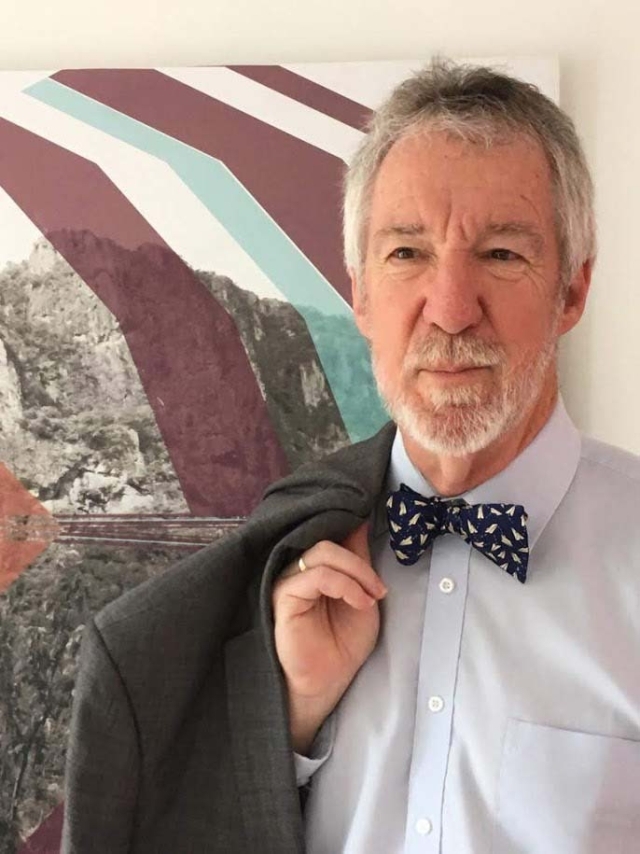
After teaching and researching online education for more than 25 years, Geoffrey N. Dick, Ph.D., Visiting Associate Professor, Division of Computer Science, Mathematics, and Science, The Lesley H. and William L. Collins College of Professional Studies, is perhaps well placed to write about the difficulties of teaching today.
He has recently had two such papers published and has a third under review—a major study of several hundred students and the factors that will influence their desire to continue with online classes in the current environment.
In his first paper, “Teaching Online: Creating Student Engagement,” Dr. Dick argues that student engagement not only takes on extra importance today, but that it is now essential to design courses with this in mind. His paper provides some useful suggestions and techniques, including establishing rapport, building and maintaining communications links, and modifying course presentation material.
“Imagine you are the student in today’s conditions, watching your presentations, struggling for access to a home computer with limited bandwidth, unable to contact a fellow student to discuss an assignment due tomorrow, trying to understand why a previous piece of submitted work received the grade it did, or wondering why the professor has not returned a call,” he writes.
The second published paper, “Teaching and Learning Transformation in the Time of the Coronavirus Crisis,” is a call for a renaissance of online education. He and his coauthors see a fundamental issue: despite all of its promises, online education still suffers from a perception that it is somehow second-rate.
They call for the establishment of “a gold standard” that provides a base for an “acceptable, rigorous, and robust online learning environment covering the use of technology, ethics, access, ease of use, security, affordability, and efficacy, against which all programs can be judged.” The paper also looks at the implications of a “new normal” for all stakeholders, which includes administrators, professors, students, platform providers, and the government.
Related News
Student Interest, Skills on Display at Annual Research Conference
St. John’s University students flexed their research muscles during the University’s annual Student Research Conference on April 9, where work from all Schools and Colleges was showcased in an event designed to inspire student creativity and research engagement.
CCPS Student Presents Research at Conference
Joshua Peguero, a first-year Computer Science major in The Lesley H. and William L. Collins College of Professional Studies, recently presented his research at the 39thAnnual Association for the...
Exceptional St. John’s Pharmaceutical Students Honored for Cancer Research
Two doctoral candidates at St. John’s University’s College of Pharmacy and Health Sciences won national student awards recently at the 2024 Annual Meeting of the American Association of Pharmaceutical...
